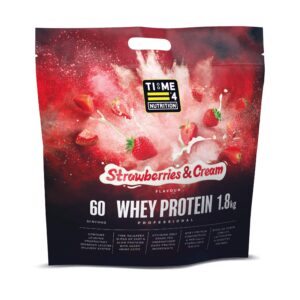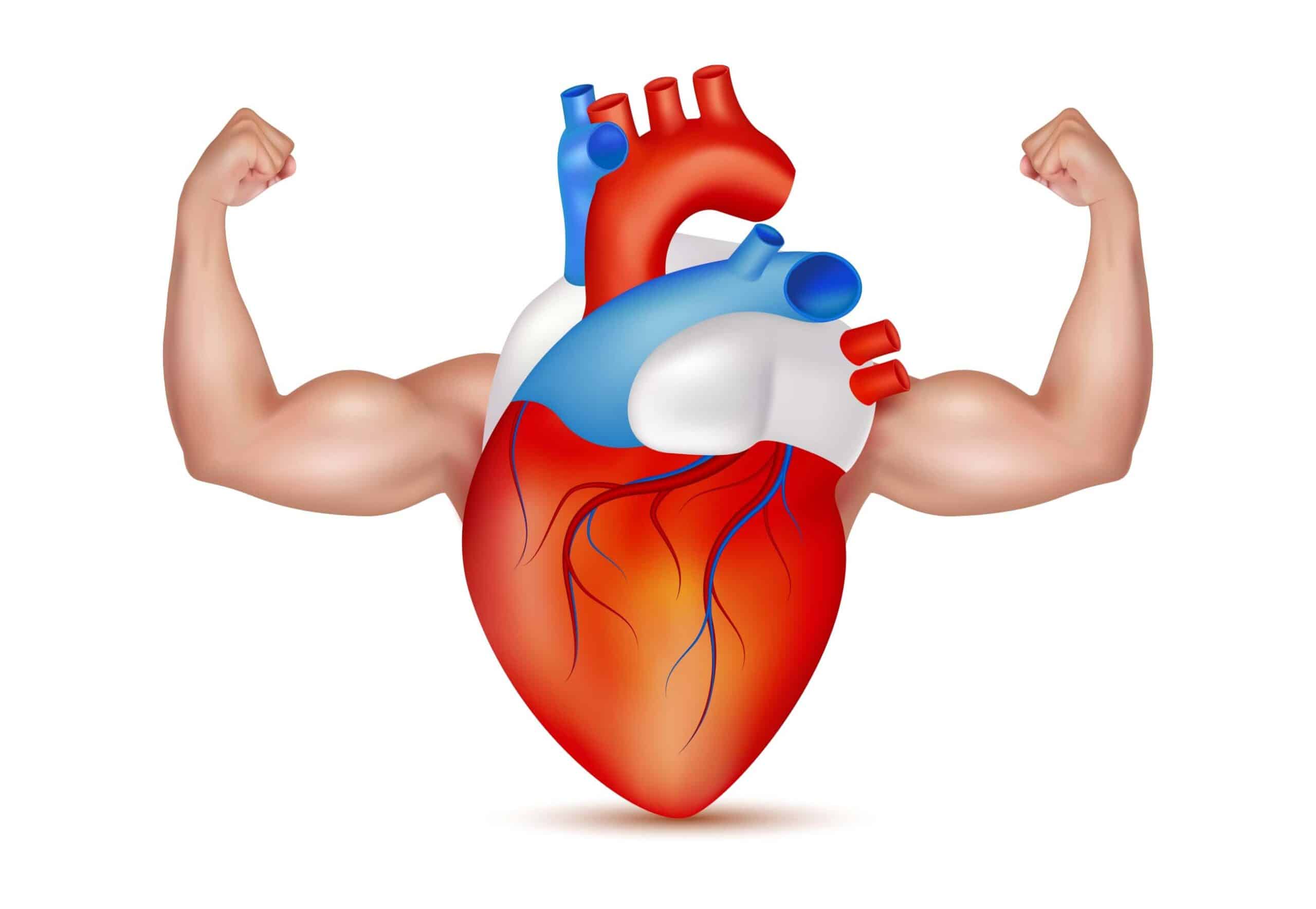BODYBUILDING, STEROIDS & HEART PROBLEMS
BODYBUILDING, STEROIDS & HEART PROBLEMS – Taurine; A Big-Hearted Gift for us all!
Bodybuilding, Steroids & Heart Problems
By Brian Batcheldor BSC
Until recently, taurine only ever really came onto the radar whenever it popped up in whatever new energy drink or pre workout product was currently doing the rounds. Just like the drinks themselves, no one really knows what or even if it does anything at all, including the companies themselves, it’s all just another case of FOMO, in this case its fear of missing out on including it in your product just in case someone actually finds out what it does.
Early research (I use the word loosely) by a particular brand looked at the effects of low taurine status and depletion, from this they deduced the protective nature of supplementation, somehow missing the opportunity to also interpret a dosage. So why look at taurine in the first place? The answer to that lies in the undesired side effects of excessive caffeine use. Whilst some crave stimulant-induced hyperexcitability, it’s a quick fix that comes at a cost, leading to reduced performance in the long term. The jitters and anxiety found so unpleasant by many are merely a taster of some of the easily recognizable pathophysiological states associated with low taurine status or genetic faults of the taurine transporter, such as neurological/neurodegenerative disorders, fatigue and weakness. Significantly, taurine supplementation doesn’t just mitigate some of the undesired side effects of stimulant use, it can be directly protective against the cardiovascular action of compounds like caffeine (methylxanthines).
This protection comes via various actions, e.g., the antihypertensive effect of vasodilation (by reducing adrenergic and angiotensin II actions as well as calcium-induced vasospasm), along with a reduced risk of cardiac arrhythmias via modulation of ion channels and ionic homeostasis. However, taurine use in these kinds of formulas is not the focus of this article, this area has been sufficiently covered previously and anyone buying an energy drink is hardly prying open the vault of scientific enlightenment. I definitely don’t want to muddy the waters here, stimulant-based products are a personal choice, my interest in taurine supplementation is as a more comprehensively beneficial intervention to a very select demographic, -bodybuilders.
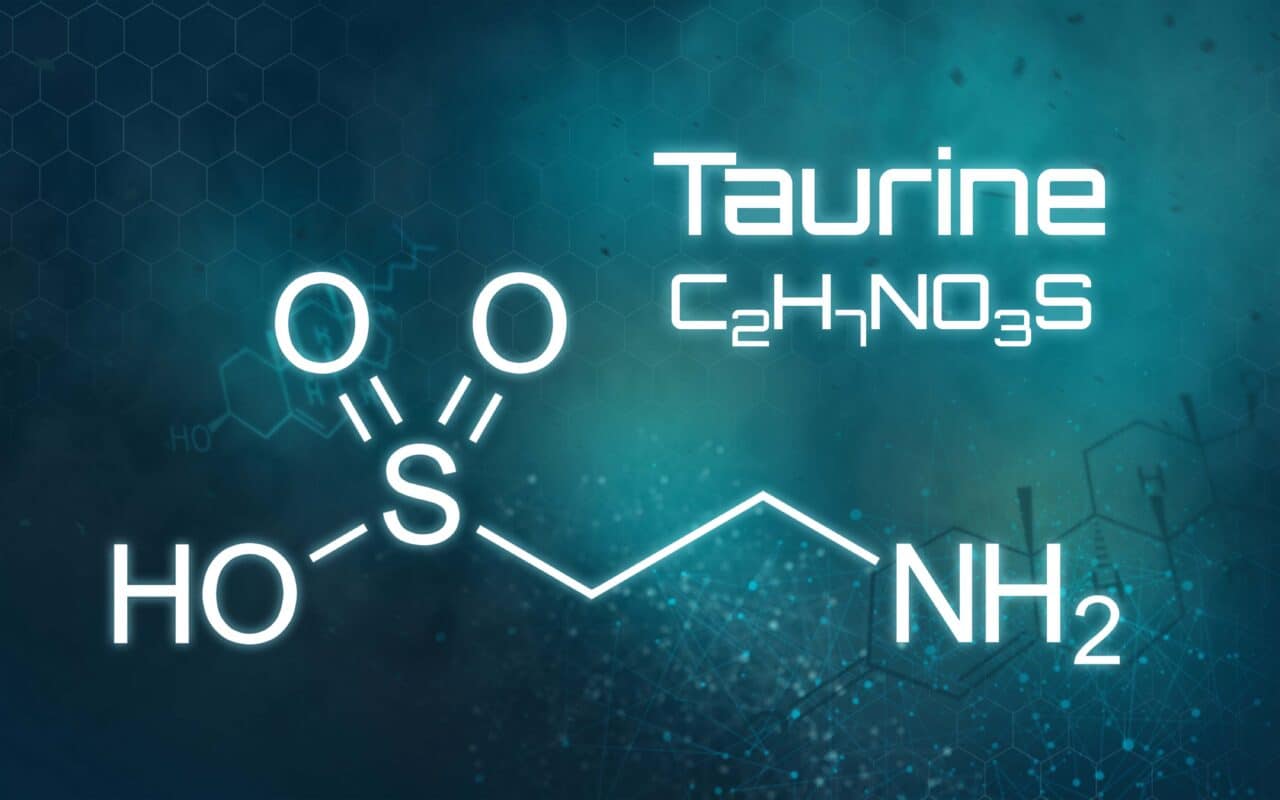
BODYBUILDING, STEROIDS & HEART PROBLEMS
Taurine in the news
As I alluded to above, the concept of taurine supplementation hit the news again recently, when its use as an anti-aging intervention was proposed after the second of two studies headed up by Vijay Yadav, PhD, assistant professor of genetics & development at Columbia University Vagelos College of Physicians and Surgeons. To recap this news from earlier this year, in earlier research, Yadav brought in other aging researchers who investigated the effect of taurine supplementation on the health and lifespan in several species. In mice, it was found that at age 2 (60 in human years), animals supplemented with taurine for one year were healthier in almost every way than their untreated counterparts. The researchers found that taurine suppressed age-associated weight gain in female mice, increased energy expenditure, increased bone mass, improved muscle endurance and strength, reduced depression-like and anxious behaviours, reduced insulin resistance, and promoted a younger-looking immune system, among other benefits. The animals lived longer and healthier lives. Similar health effects of taurine supplements were seen in middle-aged rhesus monkeys, which were given daily taurine supplements for six months. Taurine prevented weight gain, reduced fasting blood glucose and markers of liver damage, increased bone density in the spine and legs, and improved the health of their immune systems.
In the first of these human studies, Yadav and his team looked at the relationship between taurine levels and approximately 50 health parameters in 12,000 European adults aged 60 and over. Overall, people with higher taurine levels were healthier, with fewer cases of type 2 diabetes, lower obesity levels, reduced hypertension, and lower levels of inflammation. The results were certainly consistent with the possibility that taurine deficiency is a key driver of the aging process. As in the animal studies, it was established that taurine levels significantly declined with age.
The second study tested if taurine levels would respond to a known intervention established to improve health, -exercise. The researchers measured taurine levels before and after a variety of male athletes and sedentary individuals finished a strenuous cycling workout and found a significant increase in taurine among all groups of athletes (sprinters, endurance runners, and natural bodybuilders) and sedentary individuals. As all individuals had increased taurine levels after exercise, Yadav concluded that some of the health benefits of exercise likely come from an increase in taurine.
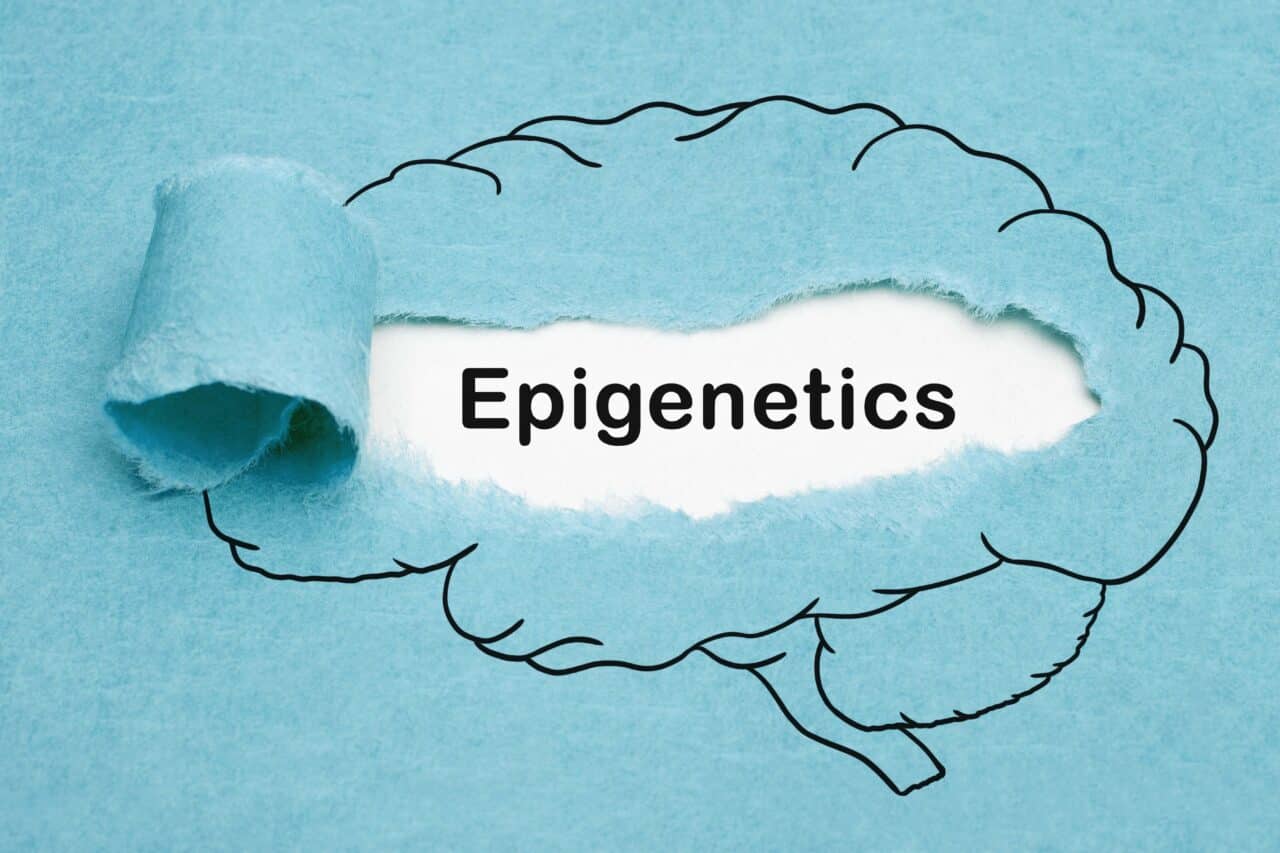
BODYBUILDING, STEROIDS & HEART PROBLEMS
Taurine and muscle preservation
My rekindled interest in taurine came about when reformulating Time 4 Whey Protein Professional, I decided to look at how protein balance may be influenced at the epigenetic level and what evidence-based agents were available to us currently. Anti-aging research told us that taurine supplementation was being considered as a treatment option to combat muscle loss in sarcopenia patients. The mitochondrial disfunction that accompanies such a state is a source of Reactive Oxygen Species (ROS), taurine takes on the role of an antioxidant molecule in such circumstances and improves homeostasis. Indeed, animal studies (rats) had found that two weeks of taurine supplementation protects muscles against in vivo eccentric exercise damage. However, it applies the brakes to catabolism by directly inhibiting the expression of Astrogin-1 and MuRF-1 and downregulating the inflammatory cytokine Tumour Necrosis Factor alpha (TNF), -the epigenetic link I needed. The implications to address the issue of disuse-induced muscle atrophy made an even more compelling argument for its inclusion, now muscle repair, de-loading and forced rest were between the sights. Whilst I explained the inclusion of taurine in an earlier article, I will revisit this area of rapid development, but it is a more sinister aspect of taurine depletion and the need to supplement that I have wanted to get to.
Animal studies have shown us the specific importance of taurine to some species, with some, like felines and foxes, being highly dependent on diet acquisition of taurine, as they are unable to synthesize it. These species are also particularly susceptible to deficient states, developing severe pathophysiological conditions, such as dilated cardiomyopathy, retinal degeneration and reproduction defects, this has helped us to better understand the link between tissue distress in retaining proper taurine concentration and various pathophysiological conditions. It was the first condition, dilated cardiomyopathy, that rang the alarm bell for me and totally convinced me of the significance of taurine supplementation to bodybuilders.
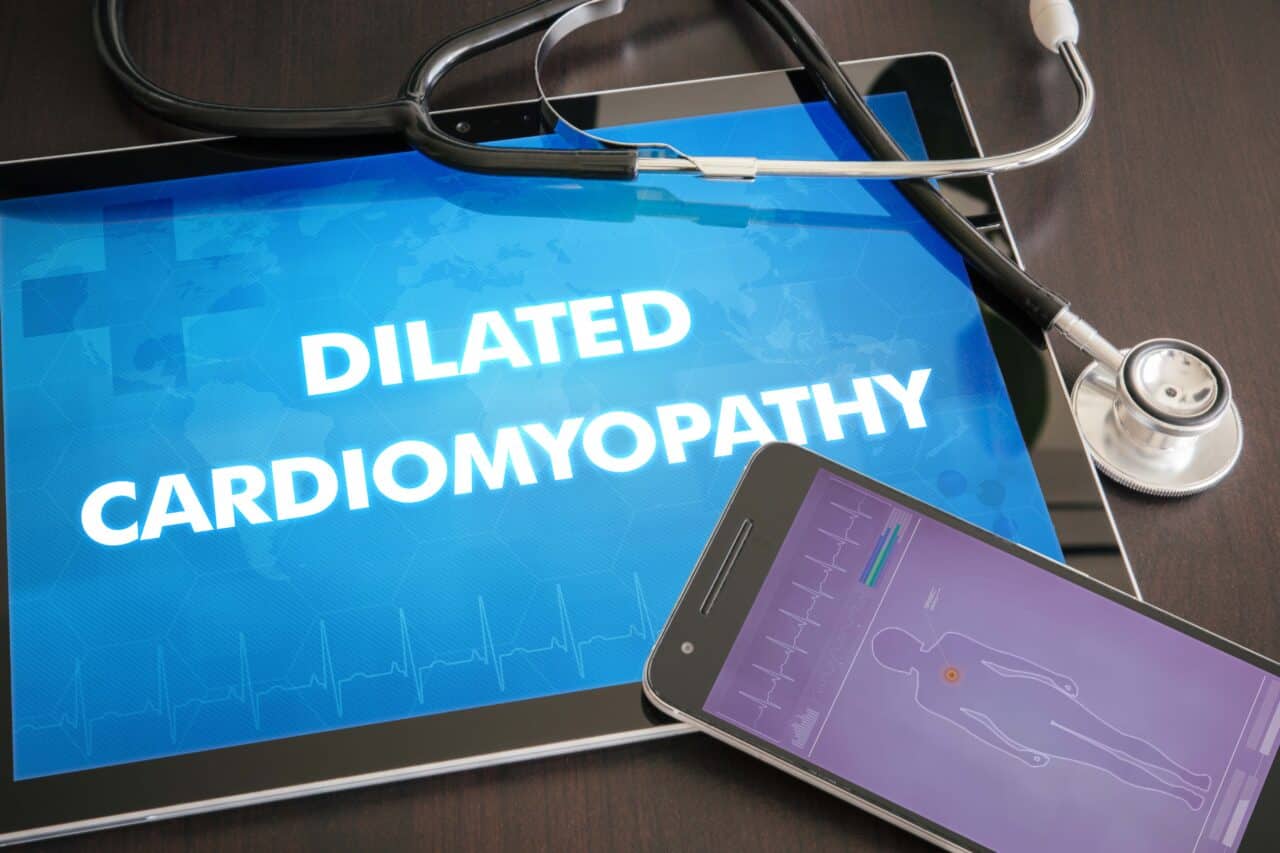
BODYBUILDING, STEROIDS & HEART PROBLEMS
What is Dilated Cardiomyopathy?
Dilated cardiomyopathy (DCM) is a medical condition that affects the heart’s ability to pump blood effectively. It is a type of cardiomyopathy, a group of diseases that primarily affect the heart muscle. In DCM, the heart’s muscle walls become thin and weak, causing the heart’s chambers (particularly the left ventricle, which is responsible for pumping oxygen-rich blood to the rest of the body) to enlarge or dilate. This dilation results in a decrease in the heart’s ability to contract and pump blood efficiently.
Key characteristics of dilated cardiomyopathy include:
1. Weakened Heart Muscle: DCM is characterized by the thinning and weakening of the heart muscle. As a result, the heart becomes less effective at pumping blood.
2. Enlarged Heart Chambers: The dilation of the heart chambers, especially the left ventricle, is a hallmark feature of DCM. The enlarged chambers can hold more blood, but they often fail to contract properly.
3. Reduced Ejection Fraction: The ejection fraction is a measure of how much blood the heart pumps out with each contraction. In DCM, the ejection fraction is often reduced, meaning that the heart pumps out less blood than it should with each beat.
4. Symptoms: Patients with DCM may experience symptoms such as fatigue, shortness of breath, swelling in the legs and ankles (edema), irregular heartbeat (arrhythmia), and fluid retention.
5. Causes: DCM can have various causes, including genetic factors, viral infections, excessive alcohol consumption, certain medications, and other underlying medical conditions. In some cases, the cause remains unknown (idiopathic).
6. Diagnosis: Diagnosis typically involves a combination of medical history, physical examination, imaging tests (such as echocardiography and cardiac MRI), and sometimes genetic testing to identify potential underlying genetic mutations.
7. Treatment: The treatment of DCM aims to alleviate symptoms, slow down the progression of the disease, and reduce the risk of complications. Treatment may include medications (such as ACE inhibitors, beta-blockers, and diuretics), lifestyle modifications (such as limiting alcohol intake and managing high blood pressure), and in severe cases, surgical interventions like heart transplantation.
It’s essential for individuals with DCM to work closely with a cardiologist to manage their condition and receive appropriate treatment to improve their quality of life and reduce the risk of complications. The prognosis for individuals with DCM can vary depending on the underlying cause, the severity of the condition, and how well it responds to treatment.

BODYBUILDING, STEROIDS & HEART PROBLEMS
What is the link between DCM and bodybuilders and strength athletes?
Prolonged and intense endurance sports, such as long-distance running, cycling, and triathlons, can put significant strain on the heart over time. Studies have long suggested that extreme endurance exercise can lead to structural changes in the heart, including chamber dilation. It’s important to note that the relationship between endurance exercise and DCM is complex and not fully understood. Obviously, most individuals who engage in endurance sports do not develop DCM. However, (you knew it was coming), there’s a well-established link between certain forms of cardiomyopathy and the use of anabolic steroids, in fact, it is now common to see this termed as “anabolic steroid-induced cardiomyopathy” or “steroid cardiomyopathy” when treating bodybuilders. The exact mechanisms through which anabolic steroids contribute to cardiomyopathy are also complex and even less understood, but several factors will be involved. Steroids can lead to changes in the heart’s structure and function, including hypertrophy (enlargement) of the heart muscle and fibrosis (excessive formation of connective tissue). These changes can impair the heart’s ability to pump blood effectively. Compounding factors for steroid-induced DCM include high blood pressure, an increased risk of blood clots, and adverse changes in lipid profiles (cholesterol levels).
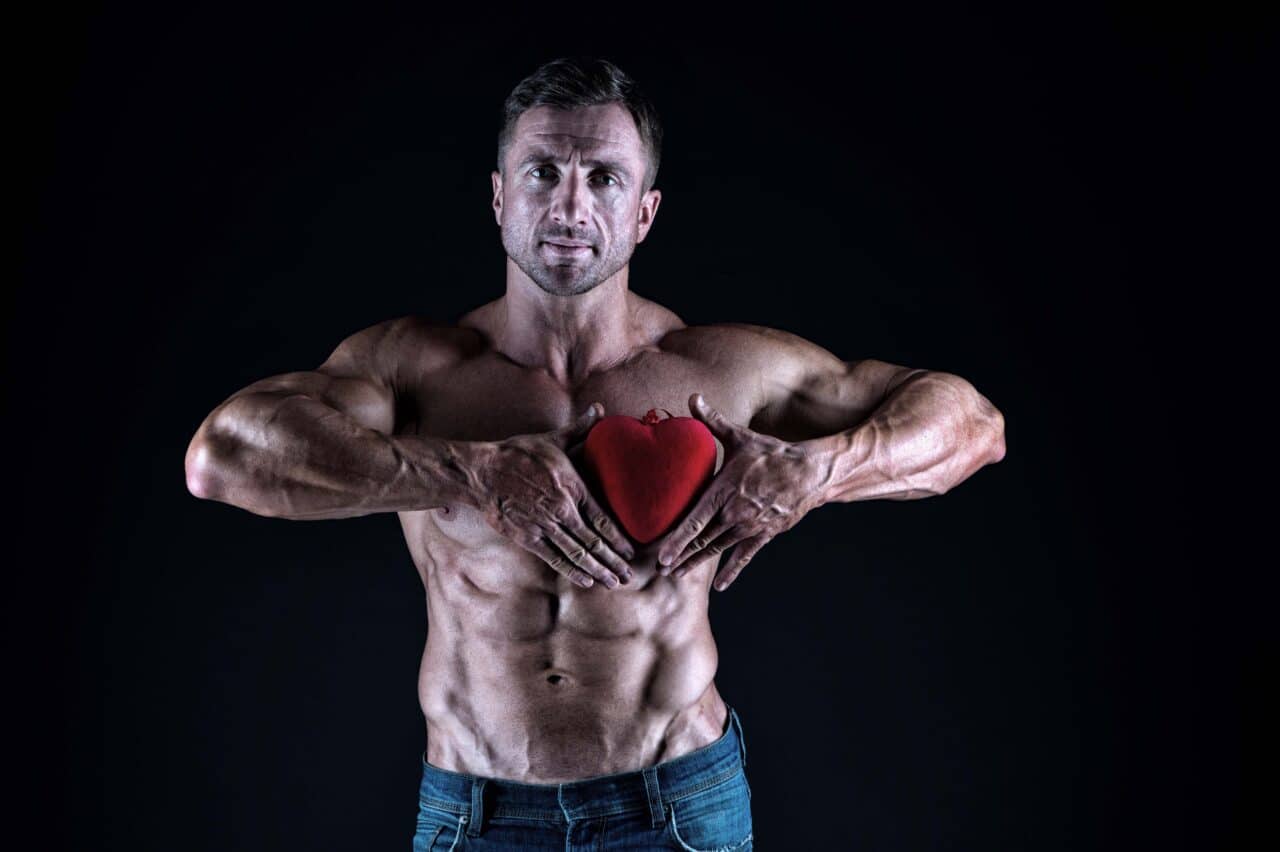
BODYBUILDING, STEROIDS & HEART PROBLEMS
Taurine and DCM
Whilst meat, the staple of the bodybuilding diet, is very rich in taurine, average consumption in humans supplies only around 400 mg/day of the amino acid. However, the daily need for the body is close to 3000 mg, (this amount can now easily be met through the standard use of Time 4 Whey Protein Professional), – taurine obtained from a typical diet is relatively low, hence most of the studies that refer to deficiency and related cardiac pathologies recommend an exogenous taurine supplement. As an intervention, the beneficial effects of taurine have been demonstrated in many diseases, such as decreased serum low-density lipoprotein (LDL), decreased progression of atherosclerosis, and protection against ischemia–reperfusion injury of the myocardium. It has been investigated for its potential to improve heart muscle contractility, reduce oxidative stress, and mitigate inflammation, all of which are also relevant to cardiomyopathy.
Human studies have already explored the therapeutic use of taurine in individuals with dilated cardiomyopathy (DCM) and ischemic cardiomyopathy, -improved heart function and reduced symptoms have been found. Has taurine demonstrated any influence on the dreaded (left ventricular) cardiac hypertrophy (Bodybuilders Heart)? Actually, taurine has been well studied for its potential influence on cardiac hypertrophy; supplementation has been shown to reduce the degree of cardiac hypertrophy in response to various hypertrophic stimuli, including pressure overload (e.g., high blood pressure), volume overload (e.g., heart valve disorders), and pathological conditions. The exact mechanisms through which taurine exerts some of its anti-hypertrophic effects are not fully understood, but several mechanisms have been proposed. Taurine may help regulate calcium levels within heart cells, modulate signalling pathways involved in hypertrophy, reduce oxidative stress, and combat inflammation. Secondary mechanisms will involve potential positive effects on blood pressure regulation, arrhythmias, and heart failure, all of which can be related to or influenced by cardiac hypertrophy.
In summary, taurine has shown promise in animal and human studies as a promising tool in the arsenal to tackle the most established threats to the resistance-trained athlete, particularly those who have chosen to navigate the enhanced route or may have underlying issues of concern. Time 4 Whey Protein Professional contains an evidence-based taurine content and is the first and only protein supplement designed to address this specific and sensitive of area of personal health to bodybuilders.
